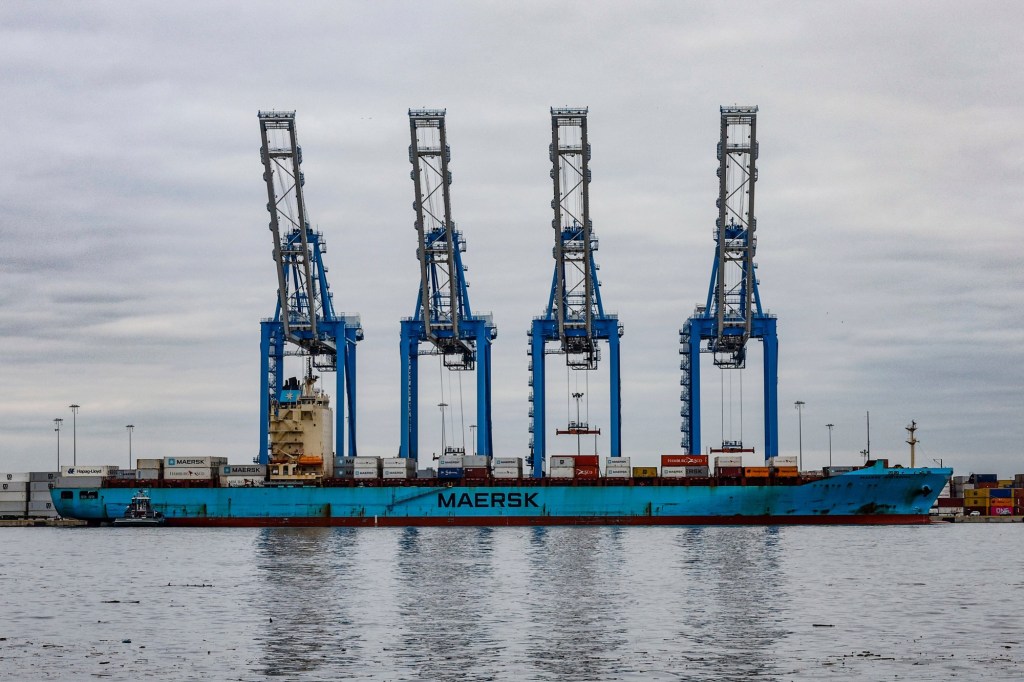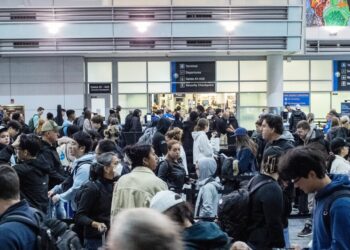Laura Curtis | (TNS) Bloomberg News
Just as U.S. policymakers shift focus from curbing inflation to shoring up the job market, the economy faces a jolt that threatens the kind of supply-chain disruption and consumer discontent rife during the pandemic — and possibly puts your daily dose of bananas at risk.
This time, the shock looms just weeks before a knife-edged election.
Some 45,000 dockworkers at every major eastern and Gulf coast port are threatening to strike Oct. 1. With talks at a stalemate since June, industry officials now believe a strike is inevitable, and ocean carriers and port operators have started sending out customer advisories and making contingency plans.
The trade gateways involved handle more than half of all goods shipped in containers to and from the U.S. A weeklong strike could cost the economy as much as $7.5 billion, according to one estimate. Millions of boxes of specialized cargo like bananas, plywood and autos could be hit, though energy terminals wouldn’t be affected.
If a strike does proceed, the flow of consumer goods, components for factories and certain vehicles would seize up, disrupting auto supply chains and other manufacturing networks in election battleground states. Refrigerated fruit imports and fresh meat exports would face spoilage and diversions, leading to shortages and higher prices.
The ripple effects would spread globally as port congestion bogs down shipping capacity and drives up freight rates, analysts warn.
The two sides remain far apart. The union is demanding a near-80% raise over six years, arguing workers deserve a share of profits won by foreign-owned container carriers during the pandemic. Reluctant to set such a precedent — and with some reserves in the bank — companies could wait it out longer than usual.
“A sleeping giant is ready to roar on Tuesday, October 1, 2024, if a new Master Contract Agreement is not in place,” Harold Daggett, the tough-talking leader of the International…
Read the full article here







